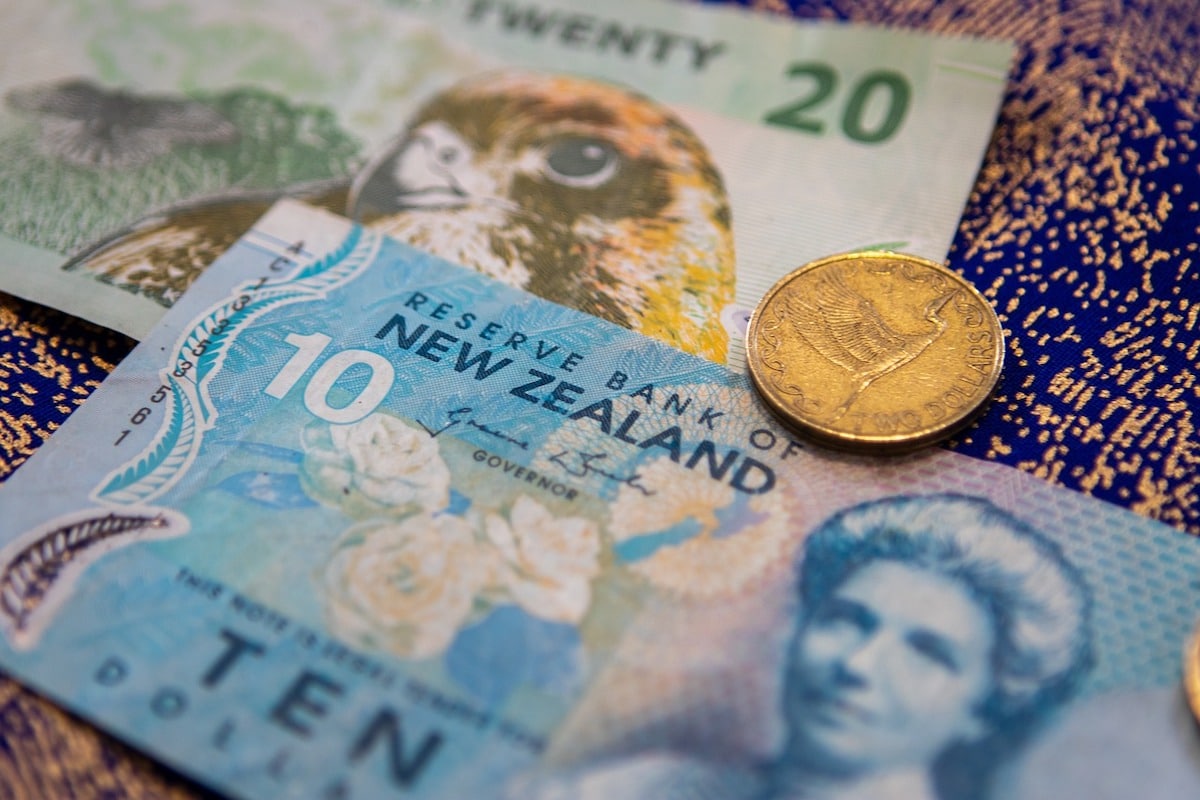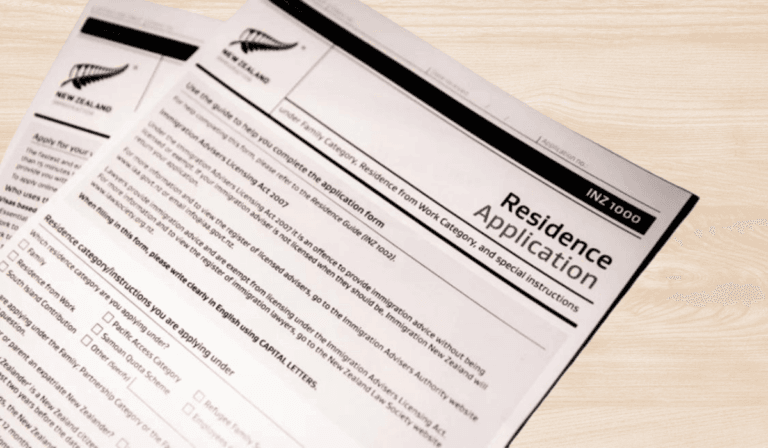2020 was a year like no other. The COVID-19 pandemic disrupted across the globe, with fear, uncertainty, and unprecedented changes becoming the new norm. We shut down, we reopened, and while some businesses managed to thrive and adjust to this new landscape, the majority suffered. With the vaccine on its way out, summer well on its way in, and life in New Zealand at level 1 feeling almost normal, what will the new year bring for kiwi businesses?
The big picture
New Zealand has been in a Covid-19 driven recession for the last two quarters, with the biggest impact falling in the first part of the financial year (April – June). These two negative quarters pulled the annual GDP for the year to September down to minus 2.2 per cent – the most significant annual decline on record. While experts warn that the full economic impacts of Covid-19 are still to be felt in New Zealand and across the globe, the early signs of recovery are looking good.
Because of our go hard go early approach to Covid-19 restrictions championed by Jacinda Arden and law-abiding Kiwis, New Zealand has virtually eliminated the virus, which means the economy could get back into action sooner. This has resulted in the predicted economic slump being much shallower than initially thought. In fact, Stats NZ data showed that in the September quarter, the economy was up 0.4 per cent from last year’s levels, whereas the market expectations were of a decline of around 1.8 per cent.
While we are definitely still in a recession, it looks like the road to recovery won’t be too long. As long as there are no drastic new outbreaks, the New Zealand economy is expected to continue to rebound strongly. IBIS predicts that we will achieve real GDP growth of 5.7% in 2021-22, as well as a decline in unemployment and lower interest rates which will help boost spending.
The labour market
Low unemployment rates are one of the critical metrics of a thriving economy. Unfortunately, this is one area that is not looking to improve as quickly. Infometrics forecasted that the unemployment rate would climb above 8.0% by the end of 2020 and peak at 9.7% during 2021. Stats NZ won’t release the final data for 2020 until the beginning of Feb, however with the Government wage subsidy program coming to an end and border restrictions staying in place, it seems like these poor predictions will be spot on.
However, one upside for businesses looking to expand and hire this year is the massive influx of Kiwis returning from overseas. Numbers are not looking to slow down any time soon, which means the workforce will continue to see a boost in skilled works flooding the market. As well, workers who lost jobs during 2020 are now looking to upskill, and are taking advantage of free learning schemes offered by many organisations to retrain in the areas New Zealand needs them most. This is set to open up more opportunities for employers and further drive innovation in the business scene.
Covid-19 has also proven that remote working is a viable and cost-effective option for most companies. With geographical distance no longer a limiting factor, businesses are looking to online staff and more flexible working conditions to better meet their needs for 2021.
Consumer sentiment
Consumer sentiment, the economic indicator that measures how optimistic consumers feel about their finances and the general state of the economy, understandably dropped during 2020. With everything shutting down, people felt less inclined to spend. However, things picked up again by the end of 2020, and IBIS now expects that in 2021-22 consumer sentiment will increase by 7.5 index points. This is thanks in part to low-interest rates, which helped inspire more consumer activity and increase buying power in the housing market and the expectation that household incomes will rise again.
Similarly, in December 2020, the ANZ-Roy Morgan Consumer Confidence Index rose 5 points to 112, which is not too far off the historical average of 120. Experts predict that this positive trend will continue and provide a much-needed boost to the retail sector.
Business confidence
Business Confidence also took a hit in 2020, but all reports show that this indicator will be coming back to life in 2021. ANZ’s Business Outlook Survey reported that business confidence reached multi-year highs in December 2020 at 9.4 per cent, up 16 points from the previous month.
Likewise, IBIS expects business confidence to increase by 26.4 index points in 2021-22, bringing things back into positive territory. This is mostly due to New Zealand’s fast recovery from Covid-19 and the predicted increase in global economic activity as things around the world start to improve. Unfortunately, not all sectors will feel this the same, with tourism and hospitality in particular expected to struggle a little while longer. However, on the whole, the future is looking positive for New Zealand businesses.










